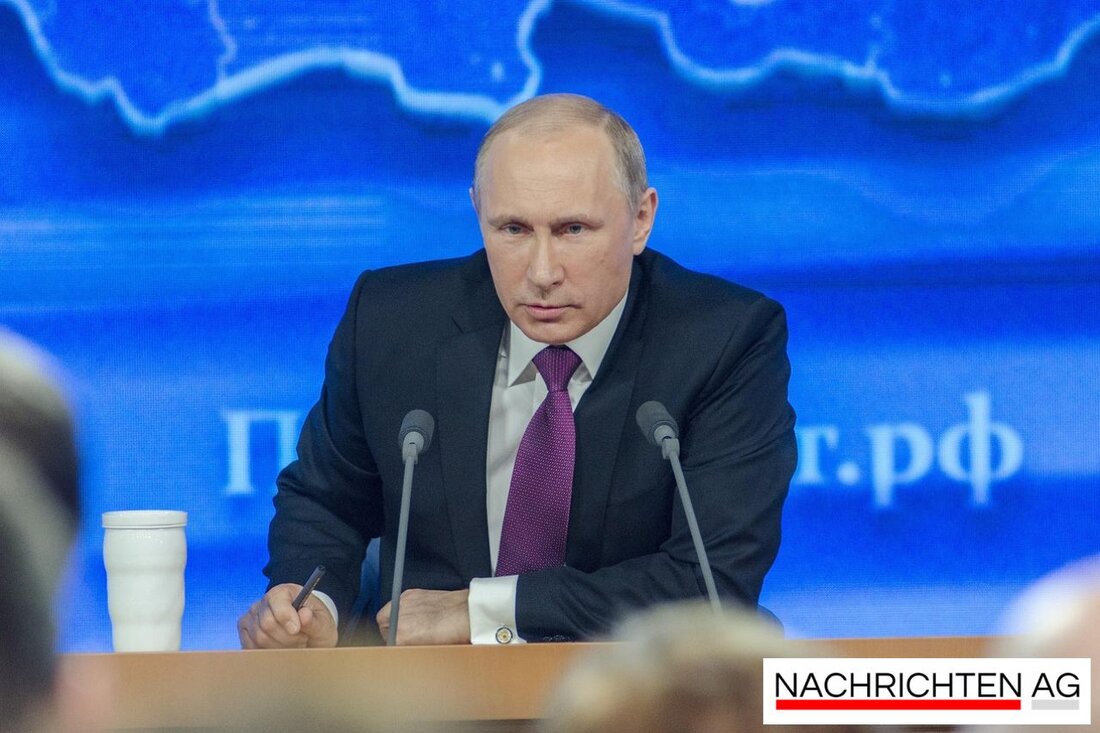Münkler demands: Europe must defend itself against Putin's claims to power!
Professor Dr. Herfried Münkler discusses geopolitical changes and challenges in the Altenstadt community center on August 30, 2025.

Münkler demands: Europe must defend itself against Putin's claims to power!
Professor Dr. Herfried Münkler presented his brand new book “Power in Transition” on August 30, 2025 in the Waldsiedlung community center. This event, which was part of the popular reading series “Word for Word – Experience Culture” by the Kulturplus Altenstadt association, attracted around 140 interested people. Moderated by Hans Erich Seum, Münkler gave an insight into the content of his work and relied on a clear presentation technique instead of simply reading passages.
Münkler, a prominent political scientist and winner of the 2025 Wetterau Culture Prize, uses his book to discuss the geopolitical changes that have been felt since the Ukraine War. Particular attention is paid to his criticism of the theory of “change through trade,” which he sees as outdated. For Münkler, it's about observing the activities of large power blocs. He emphasizes that the USA, Russia, China and India shape the geopolitical landscape and the European Union needs to be strengthened as a player now more than ever.
Putin's imperialism and the danger to Europe
In his lecture, Münkler pointed out the challenges posed by Russian President Vladimir Putin. He drew historical comparisons, including to Hitler and the occupation of the Sudetenland in 1938, to point out Putin's aggressive ambitions. He does not see this development as surprising; rather, he spoke of a “return of imperial politics.” Münkler also criticized a manifesto by some SPD politicians that called for rapprochement with Putin, which he described as politically irrelevant.
He warns of the danger of a possible Russian attack on NATO territory, especially the Baltic states, and calls for the European security architecture to be strengthened. In this context, he advocates a European nuclear deterrent in order to effectively counteract future aggression against the continent.
The relevance of Ukraine
In the context of the Ukrainian war, Münkler emphasizes the need to provide targeted support to Ukraine. This includes an increase in arms production and deliveries. In his opinion, Europeans must learn from the current crisis and prepare for the possibility of nuclear threats from Russia. He reiterates that a sole German nuclear weapon should be avoided in order not to reactivate the "German question" in Europe.
Münkler describes Germany as a “post-heroic, outdated society” that urgently needs new perspectives. The political scientist sees the ongoing challenges as an opportunity to strengthen our geopolitical role and to understand that old theories of power are now finally a thing of the past.
The discussion after Münkler's lecture was lively, with different opinions on the role of Russia and the USA. This showed that interest in geopolitical issues and their consequences for Europe remains unbroken and that it is time for the EU to reposition itself and act as a strong player in the world.
For many participants at the event, it was hard to ignore: the challenges that are on the table today require a rethink and strong joint action. Dr. Münkler, with his diverse insights and debates, has certainly thrown a stone into the water that will resonate for a long time.
For more information on geopolitics and security implications in Europe, see the in-depth analyzes by FNP, Time and geopolitics.

 Suche
Suche
 Mein Konto
Mein Konto